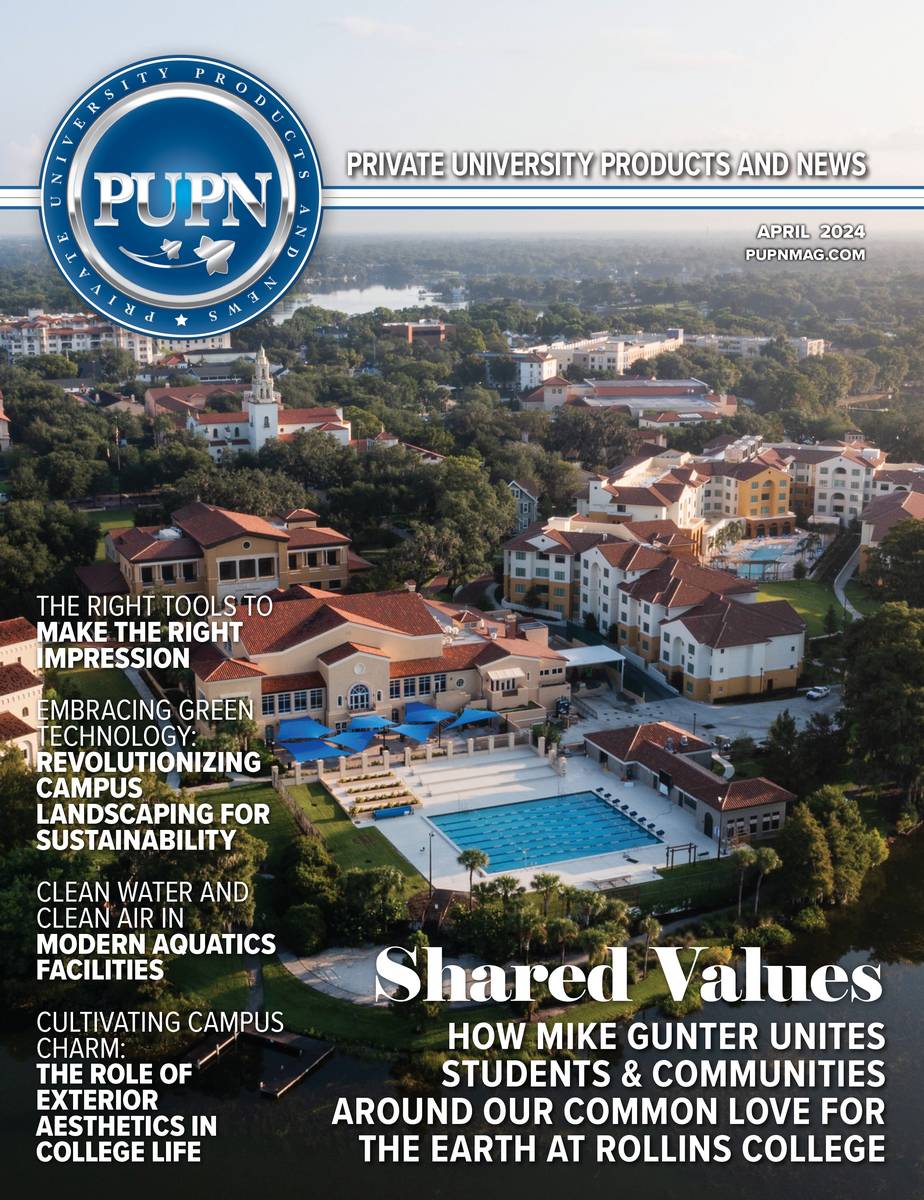These residential colleges promote a communal consciousness that helps young students develop into well-rounded leaders of tomorrow.
History and Inspiration
Vanderbilt has a reputation for excellence, and with their FutureVU initiative, the university continues to champion the values of teaching, research, and service. These communities have their roots in the Oxford and Cambridge social clubs and the later incarnations found at several Ivy League schools; however, Vanderbilt plans on taking this classic approach of community integration, and melding it with their modern campus.
Residential colleges are rare in the United States, and are more commonly found in Ivy League schools, such as Yale and Harvard; Vanderbilt, however, is the first university of its size to initiate this model.
This style of residency is designed to meld together the strengths of different types of students and professors, while also fostering one another in instances of insecurity. The holistic model of residential colleges endorses learning, socializing, and synergy, all encapsulated in awe-inspiring architecture.
The Concept
In 2018, Vanderbilt announced their $600 million plan to debut the new residential dorms—the West End Neighborhood. The up-and-coming West End is planned to be completed in time for Vanderbilt’s 150th anniversary in 2023.
The multi-phase project will include extensive renovation in the area as well as the construction of three new residence halls. This living learning community development will dramatically change the face of the university’s residency, and promote a fulfilling, innovative environment for the students.
The construction of the West End Neighborhood will allow students to be able to stay fully immersed in the living learning model for all four years of college. In essence each residential college will become a subsection of a greater college, which grants students access to collaborative spaces, events, and—ideally—the in tandem experience of community and identity.
Style and Features
Construction began in 2017 in the West End Neighborhood, and the institution is currently scheduled to debut phase one of the project in August 2020. Next year, the premiering features will include two interior courtyards, dance studios, an art gallery, a library, great rooms, dining options, and an apartment for visiting scholars. Additionally, Greek Row will be completely reconstructed, as well as adding a completely new multicultural house.
According to Chancellor Nicholas Zeppos, the living learning communities are “much more than just housing; residential colleges are a physical representation of our vision to educate the whole student and develop leaders who will change the world.”
Furthermore, Zeppos continued to remark on the importance of erecting buildings that will withstand the test of time, and that offer ample spaces for both communal experiences and creative inspiration.
The style of the new buildings mimic Collegiate Gothic architecture that is accented with brick and stone which references other existing Vanderbilt buildings. However, not all of the features are as traditional; the interior of the campus used modern screening technology which allows the noises of the city to be filtered out.
Vanderbilt Magazine claims the design helps campus feel like “an oasis in the middle of the city, free from vehicular circulation.” Additionally, the university’s landscape architect, Robert Waits, expressed his excitement about expanding the community’s green spaces as well as increasing walking areas for pedestrians.
How Living Learning Communities Impact Students
The residents of the living learning communities will have access to dining facilities, multipurpose rooms, meeting areas, courtyards, as well as graduate student mentors who serve as liaisons for the undergraduates. According to Vanderbilt, the graduate students can provide guidance regarding the students’ academics and co-curricular commitments, probe deeper thinking on world events, and build healthy, collaborative communities with one another.
As Steven Madden, alumnus and Board of Trust member, stated on the topic, “‘Iron sharpens iron’, and the more time our students can collaborate together, the better education Vanderbilt can deliver.” Vanderbilt has many beautiful and integral amenities; two key aspects of Vandy’s campus are their ambitious student body and encouraging faculty. In the case of the residential colleges, both parties are involved in the success of the academic community.
Among the leadership team that lives in the Martha Rivers Ingram Commons—the current residential college designated for Freshman—a faculty head of house, a head resident, and resident advisers work together to plan programs that can engage students across disciplines and backgrounds.
The events include activities ranging from mixers for new residents and their parents, to seminars, to social clubs, to weekly themed dinners. The leadership team continually strives to promote self-discovery among students, while simultaneously celebrating cultural differences.
The Role of Community
Learning is a multidimensional and process that partially takes place outside of the classroom. Zeppos commented, “Vanderbilt is choosing to invest deeply and broadly in an intensive, in-person experience.
Residential colleges are places of friendship, places of community, places of discovery, places of learning and places of human transformation.”
Mental Health and Community
As mentioned, Vanderbilt has a reputation of enrolling some of the country’s most dedicated young scholars, and the institution is aware of the amount of stress their students experience while in college; in an attempt to help their students find a healthy work-life balance, Vanderbilt adopted the living learning model for dorms.
Higher education is meant to be about more than finding a career and refining trade skills—it is also about finding oneself while becoming part of a greater cause. Though many of the community events do have an academic angle to them, some are solely focused on fostering a sense of togetherness and understanding.
For example, at one event, the tour guides presented students with free succulents, then invited the students to take part in a group painting project. During the event, everyone decorated planters for their little cacti, chatted with one another, and had the opportunity to get to know Vanderbilt’s greenhouse director.
Small efforts such as this go a long way in promoting a sense of inclusion for students, and helping break down the student-professor barrier that many first-years may find intimidating. As students continue striving toward their personal careers, Vanderbilt aims to work beside the students, investing in them along the way.
One way of doing this is by developing more beautiful, calming, and engaging spaces for students. This is why Vanderbilt is working toward beautifying and upgrading the West End and Greek Row; the immersive experience of residential colleges will continue to uphold Vanderbilt’s mission to educate their students in the most helpful, comprehensive way possible.
Beginning a New Legacy
The renovations and full resurrections of new residential colleges are sure to maintain the same degree of integrity and grace as previous projects at Vanderbilt University. According to Zeppos, the university is making choices that will benefit future generations well beyond the foreseeable future.
In closing, he notes, “These buildings are being built to inspire, to create community, to generate knowledge—and they are built to last.”










